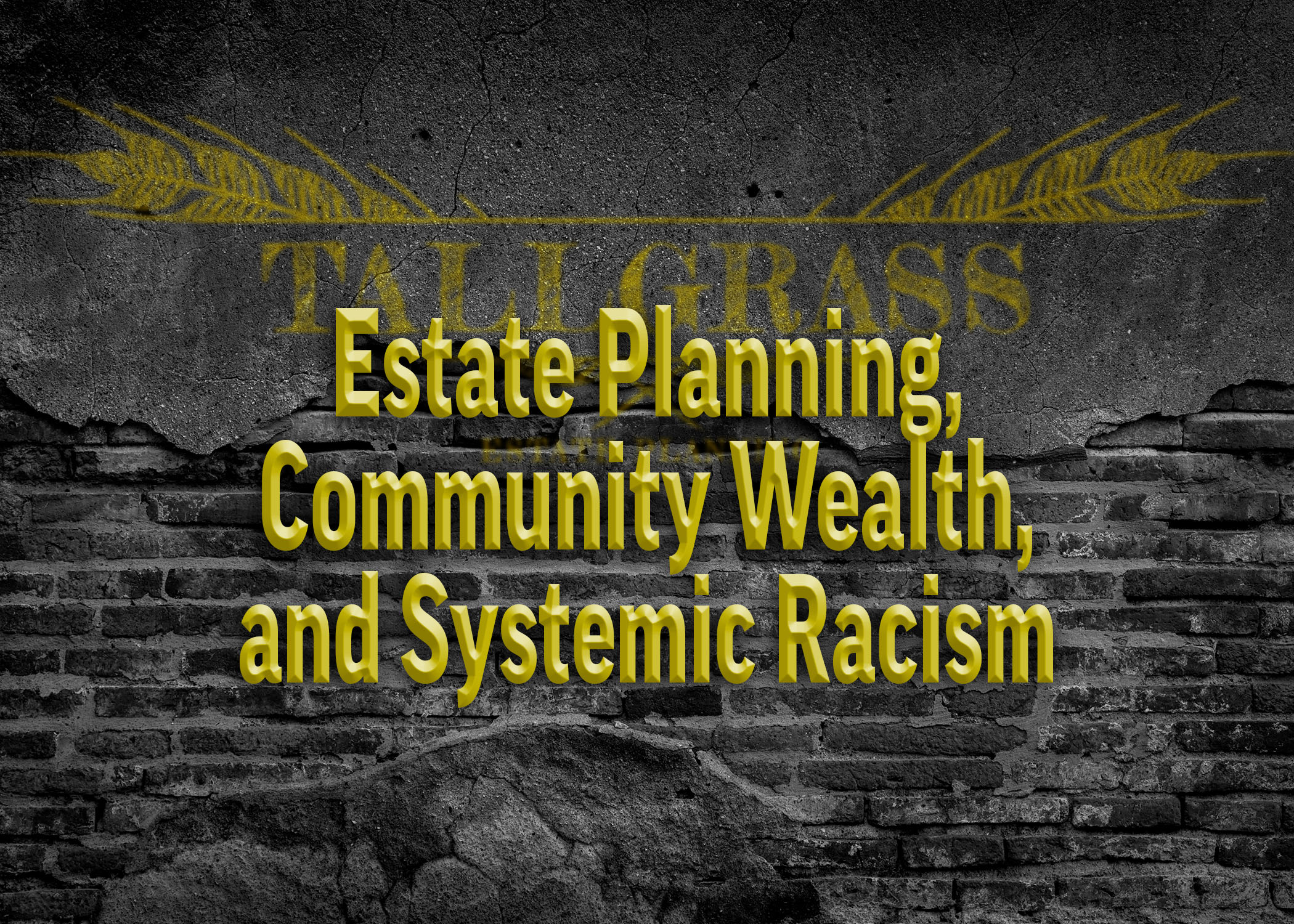
What are ABLE accounts? Who do they benefit? How do they work? Here are the basics:
What is an ABLE account?
- Created by Congress under the Achieving a Better Life Experience (ABLE) Act of 2014.
- Special type of 529 account. Traditionally, 529 accounts allow parents to save for a child's educational expenses. Under the ABLE Act, a 529 account can be used to save for a blind or disabled person's future needs, such as physical therapy, assisted living, and qualified medical expenses, without disrupting their eligibility for government benefits.
Who does an ABLE account benefit?
- The beneficiary must be blind or disabled before the age of 26.
- A person may be the beneficiary of only one ABLE account.
- The first $100,000 in the ABLE account doesn't count as a personal asset of the beneficiary. So, if the beneficiary qualifies for benefits like SSI or Medicaid that have an asset limit of $2,000, they can continue to receive the benefits without depleting their assets.
How do ABLE accounts work?
- People can contribute up to $15,000 per year to an ABLE account.
- Contributions qualify for the Saver's Credit.
- Contributions are not tax-deductible, BUT all earnings are not taxed so long as distributions are only made for qualified expenses.
- Medical expenses and assistive technology
- Education
- Job training
- Special-needs transportation
- Housing
- Legal and administrative fees
- What if you use the money for other types of expenses?
- 10% penalty on withdraws
- Pay income taxes on portion of withdraws that consist of invested earning
If you have questions about whether an ABLE account is right for your loved one, we are happy to answer your questions and schedule an appointment with a financial planner to assist in creating the plan.
Here's the stuff we always put at the end:
If you want to know more, we would love to talk with you about it. Best part, the conversation about how it could benefit you doesn't cost anything. Call us at (918) 770-8940 (in the Tulsa area) or (405) 358-3848 (in the OKC area) or send an email to firm@tallgrassestateplanning.com to set up a free consultation, either in person, video chat, or phone call.
Disclaimer: Reading this blog post does not create an attorney-client relationship, and it is not formal legal advice. This is for information purposes only. Your best bet, always, is to speak with an attorney about your questions, assets, concerns, and needs

















